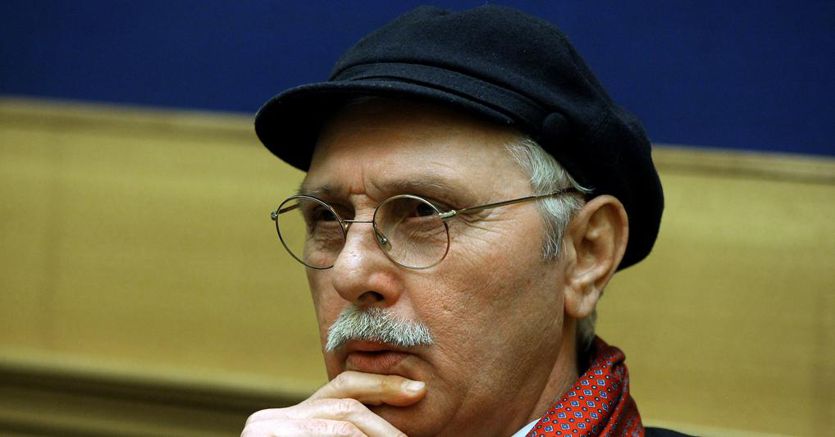If there is one quality that transpired in the eyes of Antonio Pennacchi, who passed away on August 3, 2021, at the age of 71, in his home in Latina, it was authenticity. Pennacchi was not a bluff writer even though he had a mocking, ironic smile, barely held back under his blue Soviet locomotive driver’s hair, with the inevitable red scarf. Knowing him closely, one easily realized that his way of looking was typical of that world to which he belonged, humble and popular, never dialectal, although the dialect was a cradle where he went to take refuge to defend himself and to feel at ease. Pennacchi was not a slang author, in the sense that his language, although enveloped in Lazio-Romanesque streaks, tended to the absoluteness of the national language, he fled the province because the reasons for an epic that should capture story of a civilization, his, that of a population of settlers transferred from one margin (the Veneto of Rovigo) to another margin (the Agro Pontino, in the lower Lazio). This aspect made Pennacchi’s narrative something unrepeatable in its urgency because it arose from a primordial impetus, from a Promethean attitude that characterized the time before the beginning, the heroic years in which he worked as a worker at Fulgorcavi and which admirably form the background to Mammut, the debut book, published by Donzelli in 1994. Certainly success would come more than ten years later with the masterpiece by Mussolini canal (2010), a choral and anthropological novel with which he won the Strega Prize, attracting the attention of a literary society that seemed little attentive to the impetuousness of his style, yet remained enchanted by it, grasping the need for a writing that loved to be provocative, irresistibly wrong, starting with that amusing conflict between fascism and communism, which influenced many of his stories.
Loading…
